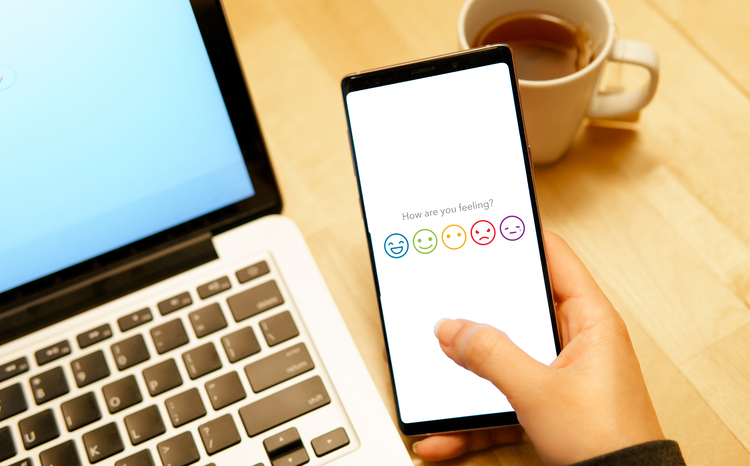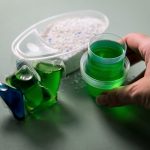NICE: Digital mental health technologies could save NHS time
The National Institute of Health and Care Excellence (NICE) has stated that recommended digital therapies for mental health conditions could potentially free up thousands of NHS therapists’ hours. According to NICE, the demand for NHS talking therapies has reached a record high, with 1.82 million referrals in 2023/24, compared to 884,000 in 2012/13.
NICE recommends seven digitally enabled therapies for treating depression and anxiety disorders in adults. These therapies can be accessed online or through apps and used in NHS talking therapies to help more people receive support faster. Rapid assessments by NICE have shown that digital therapies for anxiety disorders and depression could save thousands of therapist hours per 1,000 people.
Mark Chapman, director of the health technologies programme at NICE, stated that these digitally enabled therapies can help meet the increasing demand for mental health services. NICE also recommends digital therapies for PTSD, social anxiety disorders, children, young people, and individuals with psychosis.
Professor Chris Hollis, specialist committee member, highlighted the importance of embracing new technologies in digital mental health over the next decade. Claire Murdoch, national director for mental health at NHS England, emphasized the role of NICE-recommended digital therapies in increasing support alongside therapists and providing flexible care.
Research commissioned by NICE and the Medicines and Healthcare products Regulatory Agency has found that patients believe digital mental health technologies should be used as part of a comprehensive treatment package. These technologies could potentially save time for the NHS while improving patient outcomes.






